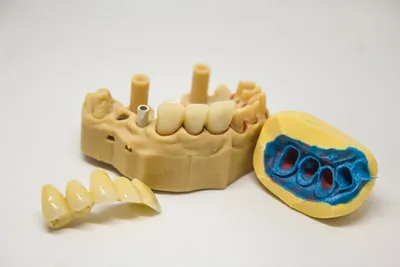Understanding the Impact of Balanced Diets on Long-term Health

Introduction to Balanced Diets
A balanced diet is not only the foundation for good health but also crucial for maintaining vitality throughout your life. It involves consuming the right proportions of carbohydrates, proteins, fats, vitamins, and minerals to meet your body's nutritional needs.
The Core Components of a Balanced Diet
Understanding the core components of a balanced diet is essential for implementing effective dietary changes. These include:
Carbohydrates
Carbohydrates are the body's primary energy source. Whole grains, fruits, and vegetables are excellent choices for healthy carbs, providing fiber, vitamins, and minerals.
Proteins
Proteins are vital for body repair and muscle growth. Sources like lean meats, beans, and legumes offer necessary amino acids and can be included in every meal.
Fats
Healthy fats, such as those found in nuts, seeds, and fish, support brain health and hormone production. It’s important to consume more unsaturated fats compared to saturated fats.
Vitamins and Minerals
Eating a variety of foods ensures that you get an appropriate mix of vitamins and minerals, crucial for bodily functions and boosting immunity.
The Long-term Benefits of a Balanced Diet
The advantages of maintaining a balanced diet extend well into the future. It not only aids in weight management but also reduces the risk of chronic diseases like diabetes, obesity, and heart disease.
Improved Energy Levels
A balanced diet provides sustained energy, keeping you active and engaged throughout the day.
Enhanced Mood and Mental Health
Consuming nutrient-rich foods can improve your mood and mental clarity, subsequently reducing the risk of mental health disorders.
Better Digestive Health
Including adequate fiber from fruits and vegetables supports a healthy digestive system, reducing issues like constipation and bloating.
Tips for Implementing a Balanced Diet
Adopting a balanced diet doesn't have to be overwhelming. Start by making small changes, such as incorporating more vegetables into your meals or choosing whole grains over refined ones. Planning meals around these dietary components can help you achieve long-term health goals.
Conclusion
A balanced diet is a lifelong commitment to health. By understanding its components and benefits, you can make informed dietary choices that support not only immediate health but also your well-being in the years to come.
Popular Health Education Articles
Discover our most-read health education articles, loved by our community for their insightful and helpful information.

Recognizing and Managing Stress for Better Health

Top Tips for Maintaining Your Dentures

